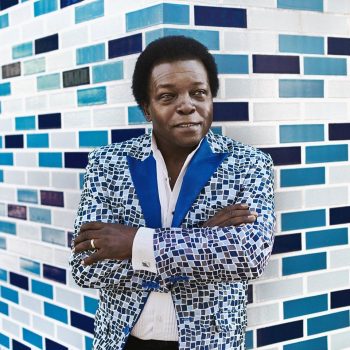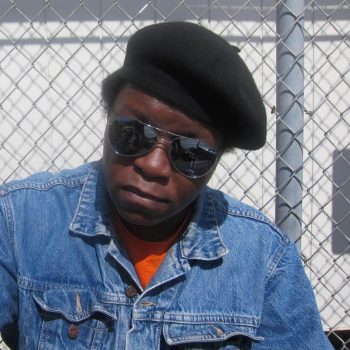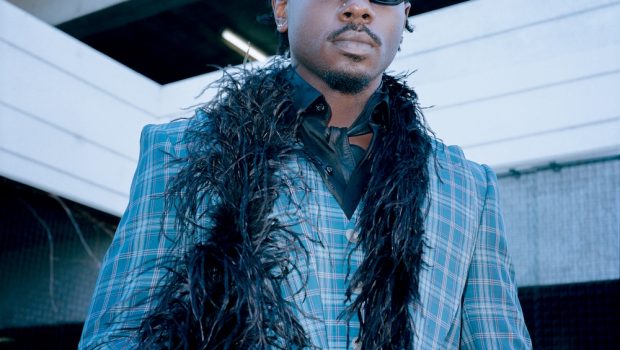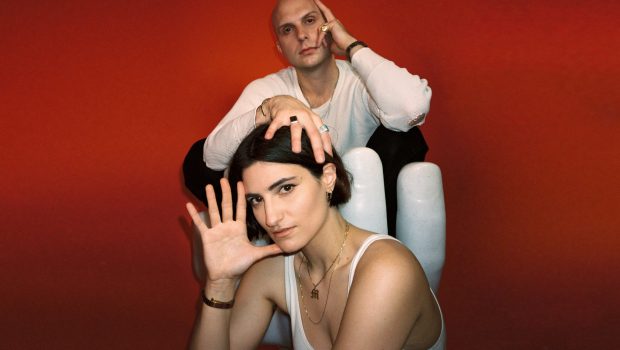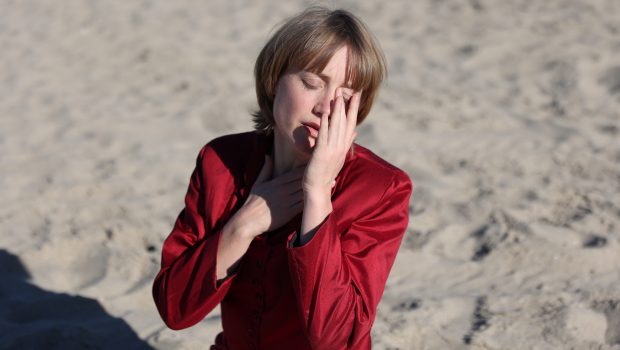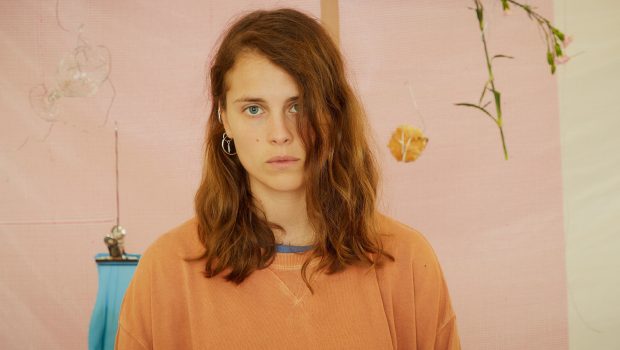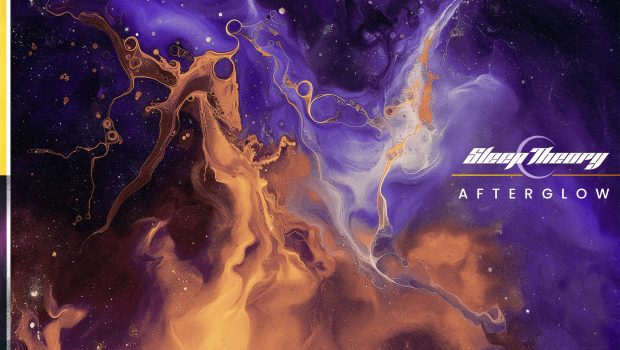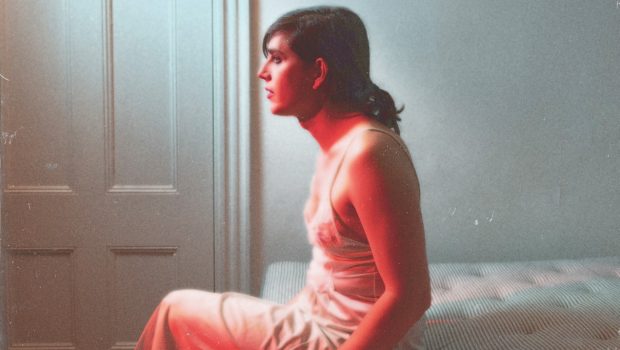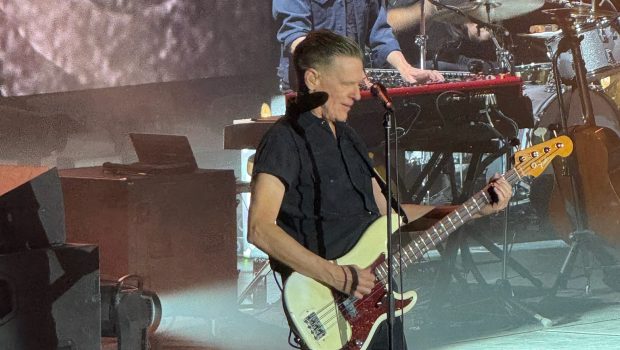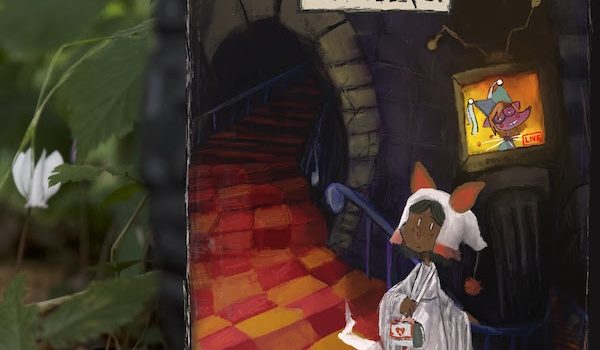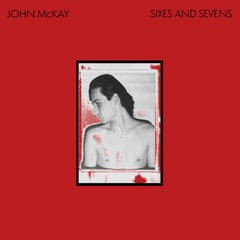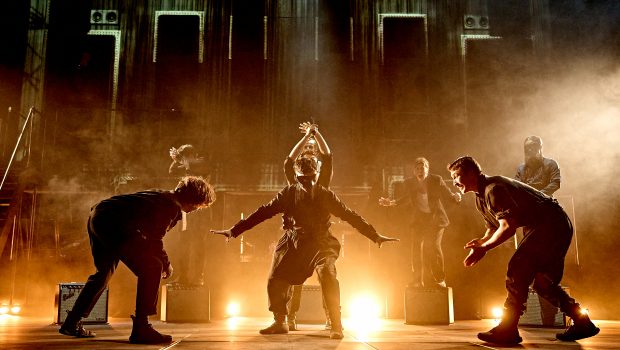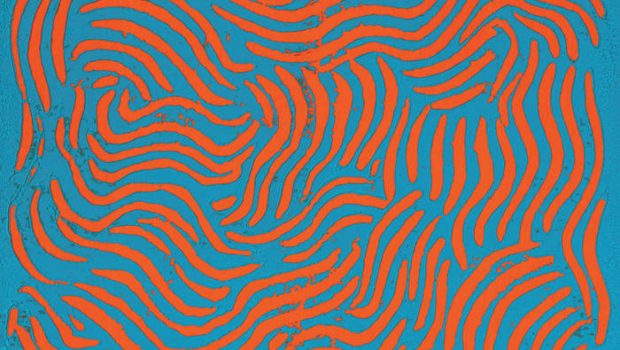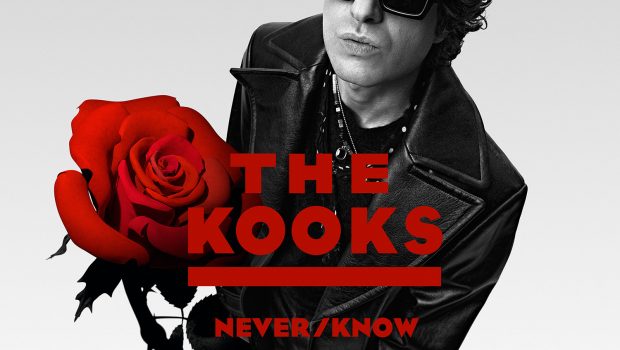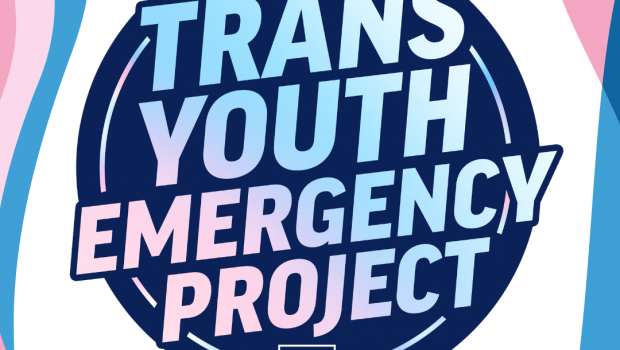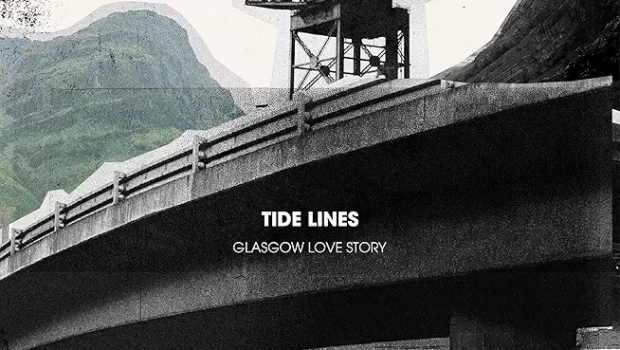Before us is an outfit of matching suits, and in the air a requisite bass riff with some dandy horns. The back wall of Gorilla is newly decked out, so says my plus one. It’s a nearly all-white family providing the instrumentals – The Expressions – with a DJ occasionally poking his head through the stage’s headboard. Red lights flash, and a show-stopping blue suit complete with pocket square takes the centre of the lineup. Lee Fields is full-gusto. His eyes widen momentarily at a lucky soul near the front, a trick (or tic) I’ve seen him display in a music video.
It’s somewhat hard to believe that Fields’ first formal recording takes us back to ’69, especially as the DJ takes selfies in the background (the generational crossover is unmissable). The North Carolina accent that emerges in the mid-song conversation also seems improbably placed here. With backing vocals crooning over one microphone, second track ‘Work To Do’ kicks in, Fields with arms open to the crowd amidst blue beams of light. There’s a disco ball suspended from the corrugated vault ceiling and the sound system is supportive, though it strikes me that our man in question could make an even bigger impact given the right space (ultimately, something larger).
Funk and soul vocals never cease to rear their irresistible head, be they the lining of hip hop or rehashed into run-of-the-mill house tracks (Martin Solveig managed to twist Field’s arm on two occasions). Here, it’s a sturdy preservation of an old sound, which can be called authentic with some certainty, given Fields has been on the scene for – not accounting for any period of withdrawal – over four decades. His fidelity to the genre proved useful in 2014’s James Brown biopic Get On Up, for which he provided extra vocals.
‘You Need To Talk To Somebody’ plays with its catchy, eponymous hook, though some of the lyrics I could do without (“If you really wanna talk/Talk to your priest”, and other words to the effect of a woman being too much for her ‘unfortunate’ partner). Fields casts the imperatives “Walk that walk/Talk that talk”, more palatable singalong suggestions. Though the melody and arrangement are timeless, some lyrics feel anachronistic. The other players – all certainly Fields’ junior – are nonetheless inarguably smitten with the genre. Fields asks us to give it up for the band, and what a privilege it must be to play with him, though this is not to underplay the importance of the instrumentalists. During the organ(ic) keys of ‘Special Night’ my plus one and I have a brief exchange with the bloke behind us, who’s been a keen adder of improvised vocal:
Bloke: “Might as well give up singing when there’s voices like that around!”
Plus 1: “There’s many voices in a choir!”
Me: “Just don’t join his.”
Fields takes a moment to return the doting hollers of the crowd, professing love for us, Manchester. Arguments for a purist attitude to genre feel warranted, seeing it performed some fifty years on with dedication and transported without too much tweaking since the era of its birth. The vocals in particular are well rounded and delivered, replete with husk, richness and charisma.
I have to make a bar trip, but on my return Fields is a composition of running man arms and sidesteps. To his side a tambourine emerges, its crispness well amplified above the rest of the rhythm. Fields caresses the shoulder of the adjacent bassist, points the mic his way and ask questions about the crowd. Our side of the crowd is asked to repeat his vocals; I’m in my bloody element. As he works across the crowd I blithely sing with all the segments and wave my hands on request. His tricks may be old, but welcome, bestowed as they are with warmth.
Fields then announces ‘We Can Make It Better’, the tight bass leading the way for the titular refrain. Who isn’t taken by the gesture to make the world better by coming together, even if its sentiment feels too vague and futile in the current climate? This precedes the final tune, ‘Faithful Man’, and its lyrics of a more individualistic concern about the time-old problem of fragile monogamy. As the song rides out, it’s another ‘Manchester, I love you!’, blowing us kisses and again widening his eyes – a nice touch, though he must have seen a thousand odd crowds by now in his illustrious career. The song carries on with the timely coordination of the backing, who use it as a moment to riff on the motif as Fields makes his waving exit.
As for an encore, I feel a little for the guy, who’s probably tired out – it takes a lot of energy even to fill even a fairly short set (it’s only 9.50). ‘The Right Thing’ begins the end – strong horns and a long instrumental intro, much like the original opener. The bassist-cum-accidental hypeman tells us there’s a sweaty man behind the stage asking if we want more music. Fields returns in an exposed silk blue waistcoat and sings his way through one last song and is off again, the band left to climactically end the set.
Less than 24 hours later I switch on Radio 6 Music’s Craig Charles slot, just as a phone interview with Fields begins. Charles does the radio host job of being unflinchingly positive about their interviewee, but I doubt this takes much effort. Fields is in Georgia, a pond away, there to attend a funeral. But he professes his faith in God, humanity, even Trump-era US – words entirely in cahoots with the sentiment of his music. It makes the tone of the evening before all the more bona fide. Whatever the state of outside affairs, the music feels as good as it ever has.
Lee Fields & The Expressions Official | Facebook | Twitter
